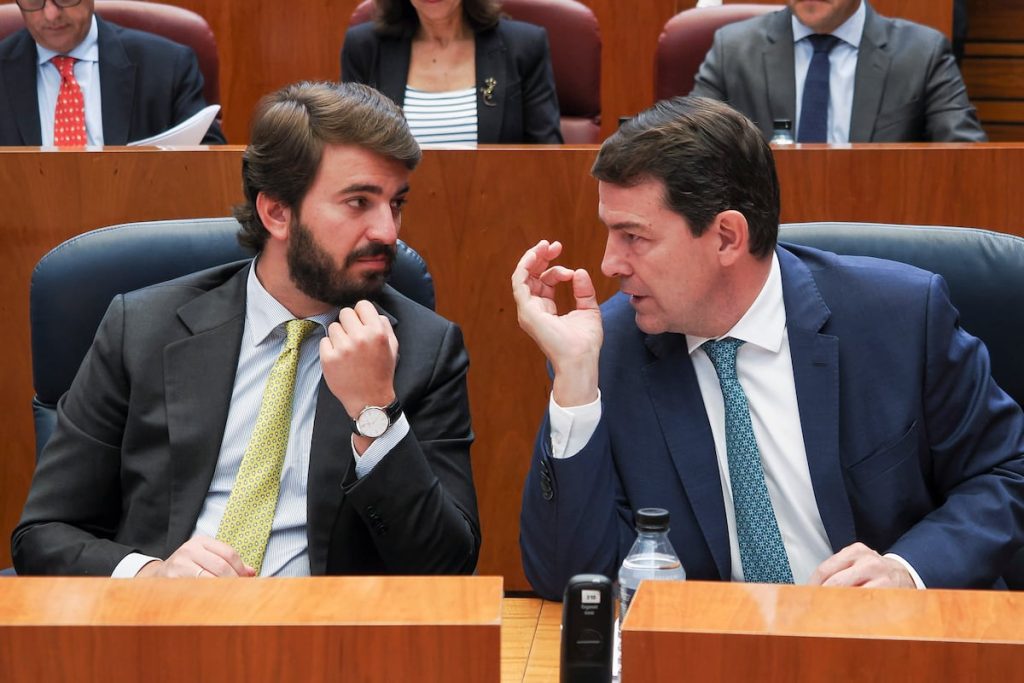Leopoldo Panero and Luis Cernuda were two good poets and friends. During the Spanish Civil War, Cernuda committed himself to the Republican Spain like he never would to any other political illusion. Panero was arrested as a red, faced danger, and had to survive by adapting to Francoist Spain. By Castiella’s request, he moved to London in 1946 to set up the Spanish Institute, where he reunited with Cernuda. They maintained their friendship, although they inevitably had disagreements. While they mourned the Civil War and its victims, Panero stated that atrocities had been committed by both sides. Cernuda replied that yes, but only one side, only one side, had been guilty of a military coup and the chain of horrors caused by the Civil War.
The antidemocratic drift of the Spanish right now supports a process of forgetting and manipulation of the past, affecting everyone from Francoists to those who remain neutral. The argument that both sides committed atrocities is used to conceal responsibilities and avoid acts of respect towards the victims and their families. Three UN rapporteurs, experts on victims and disappeared persons, have urged the Spanish government to take action against the laws of the far-right that seek to hamper the pursuit of truth, justice, and reparation. We must take this seriously, because more than the past, the future that figures like Trump, Bolsonaro, Netanyahu, or Milei are trying to impose on the world is at stake. Today’s polarization is related to that of yesterday. There are people who believe they have the right to treat Spain as their own property. And some writers are very supportive of equidistance. Arguing that Sánchez Mazas was as good as García Lorca or that Agustín de Foxa was as respectable as Cernuda helps them evaluate their own literary status.
In today’s context, it is essential to remember and honor the victims of the past and to seek justice and reparations for the atrocities committed. The actions taken by the Spanish government in response to the recommendations of the UN rapporteurs will have a significant impact on the country’s future and on the values that it upholds. The attempts to manipulate and conceal the truth about the past are detrimental to the healing process and the unity of the Spanish people. It is crucial for all sectors of society to work towards a shared understanding of history and to ensure that the suffering of the victims is acknowledged and respected.
The friendship between Leopoldo Panero and Luis Cernuda, two poets who experienced the turmoil of the Spanish Civil War, serves as a poignant example of the complexities of that period. Their differing perspectives on the conflict and its aftermath highlight the challenges of reconciling personal beliefs with historical truths. As Spain grapples with the legacy of its past, it is important for individuals and institutions to engage in open dialogue and reflection on the events that shaped the country. By confronting the dark chapters of history and acknowledging the suffering of all those affected, Spain can pave the way for a more just and inclusive society. The voices of the victims and their families must be heard, and their stories must be preserved for future generations to learn from and remember.















